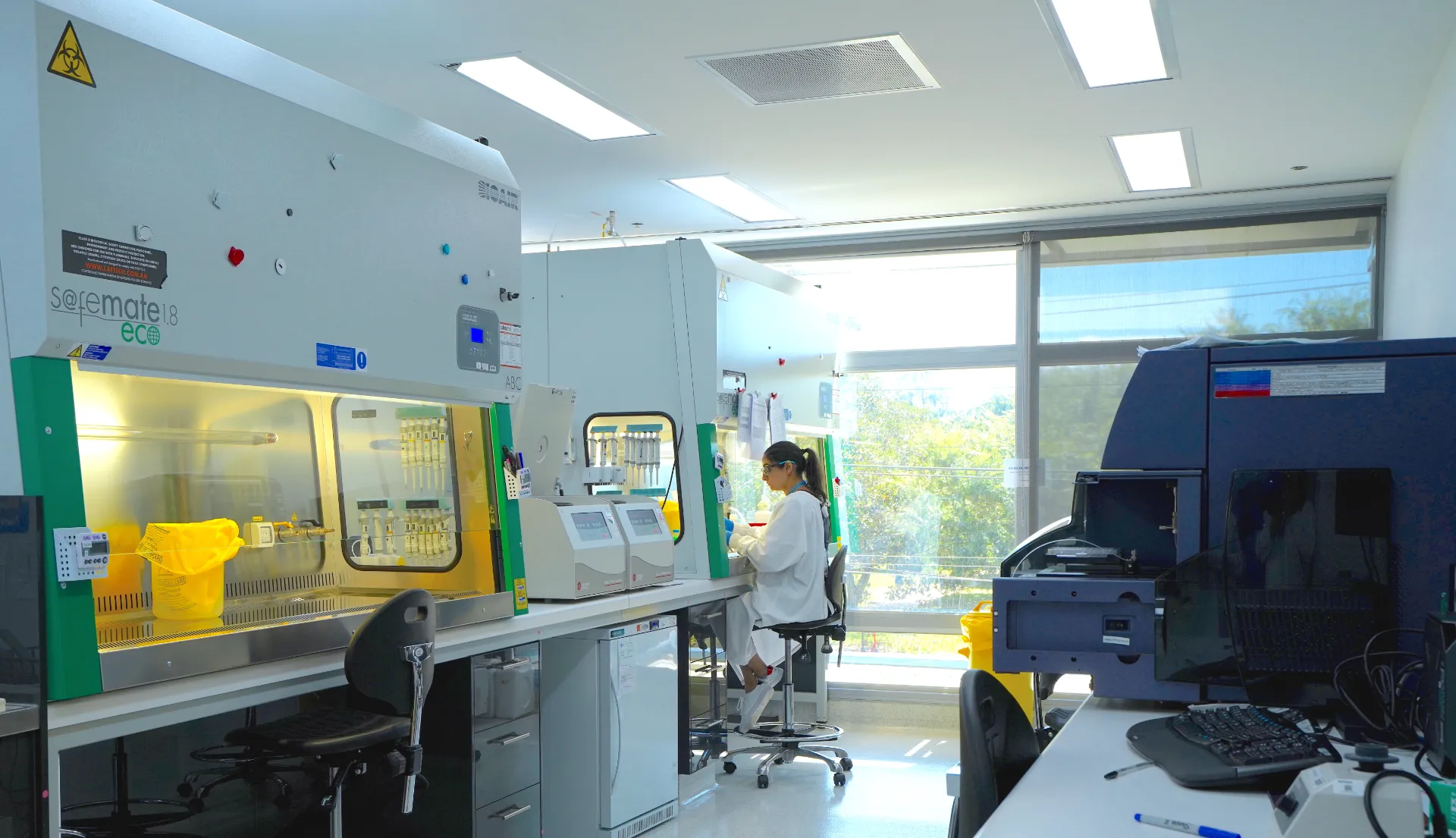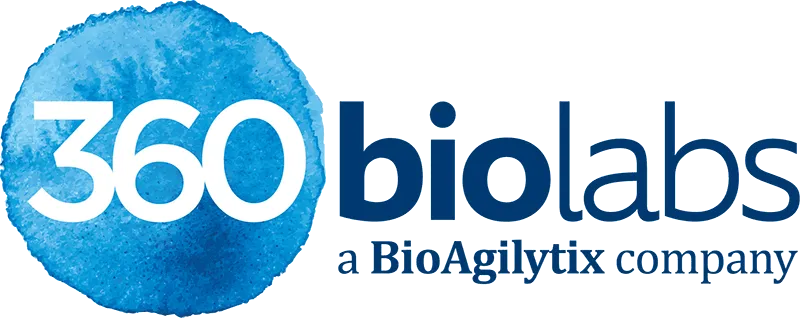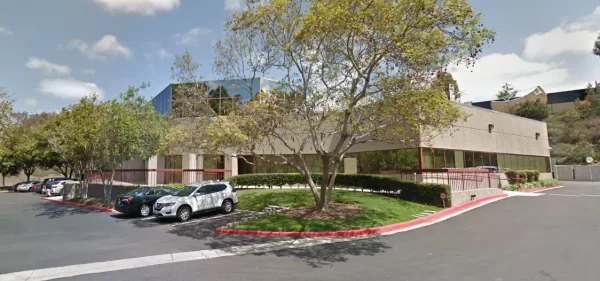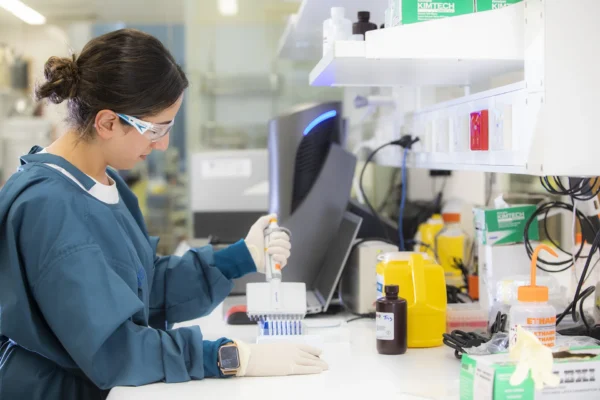Immunogenicity
All biotherapeutics have the potential to trigger an immune response, generating anti-drug antibodies (ADAs) that bind to different epitopes on the therapeutic antigen. The FDA and EMA recommend a multi-tiered strategy for the evaluation of immunogenicity. It is a regulatory expectation to monitor and characterise the ADAs specific to a biotherapeutic to evaluate efficacy and safety. As a world-leading authority in the field of immunogenicity testing, 360biolabs understands how to best characterise ADAs and even particular isotypes.

Expertise With Immunogenicity Assays:
Extensive Experience
Our team possesses a deep understanding of antibody-antigen interactions, immune responses, and neutralisation assays.
Custom Assay Solutions
Our expert immunology team can develop custom assays for immunogenicity testing and validate them to global regulatory standards.
FDA/EMA Standards
We understand FDA and EMA recommendations, ensuring accurate and robust data on immunogenicity.
Modalities & Therapeutic areas
We have experience across different modalities and therapeutic areas.
360biolabs Assay Solutions
Anti-Drug Antibodies (ADA)
All biotherapeutics have the potential to trigger an immune response, generating anti-drug antibodies (ADAs) that bind to different epitopes on the therapeutic protein. It is a regulatory expectation to monitor and characterise the ADAs specific to a biotherapeutic to evaluate efficacy and safety.
360biolabs offers a complete ADA determination process:
- Screening assays
- Confirmatory assays
- Titer assays
- Characterisation assays
- Neutralising Assay (NAb)
Neutralising Antibodies (NAb)
Neutralising Antibodies (NAbs) can inhibit or completely neutralise a therapeutic molecule by binding to regions critical for pharmacological activity, impacting clinical efficacy. Understanding the impact of NAbs is critical to progressing any clinical program.






